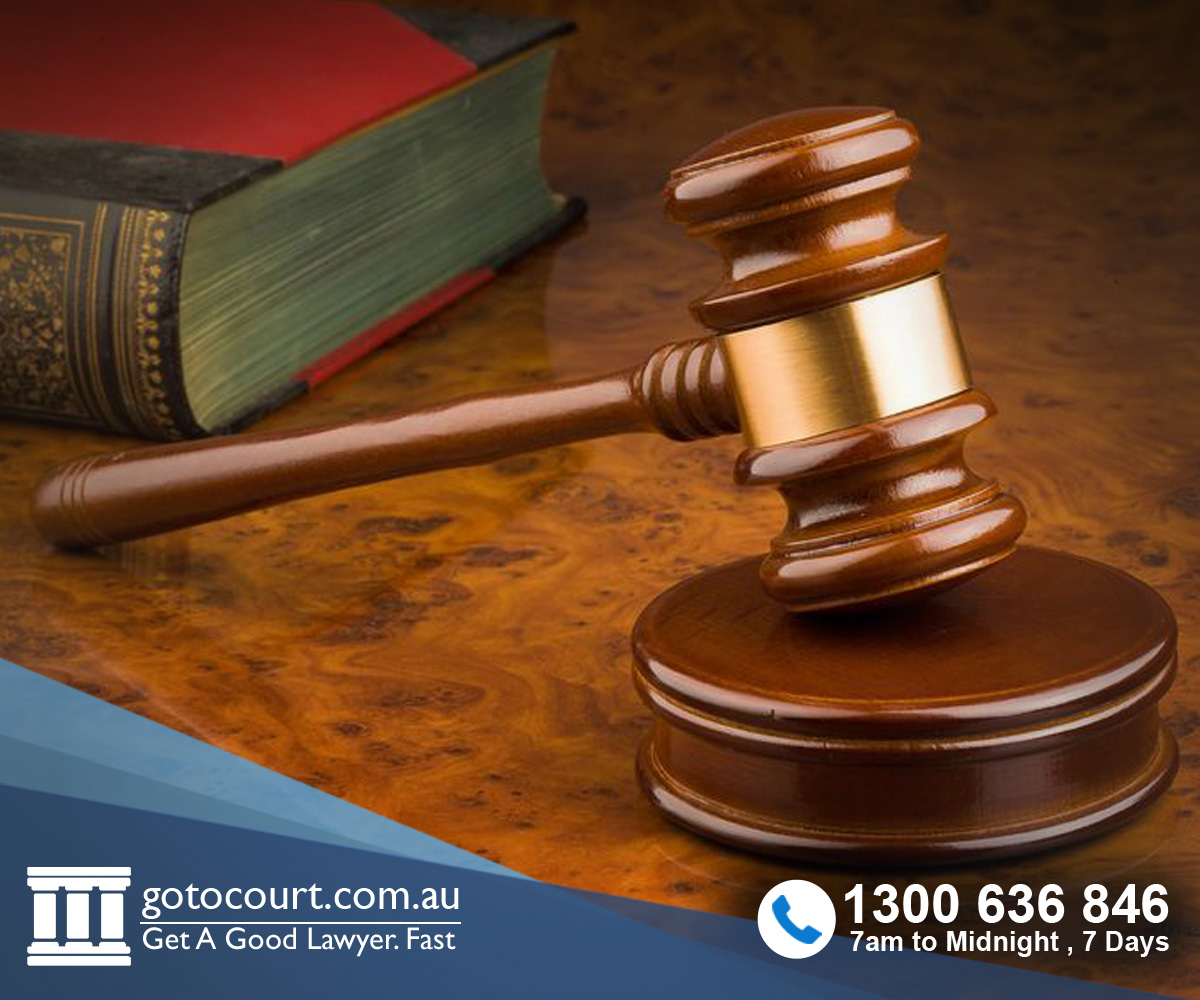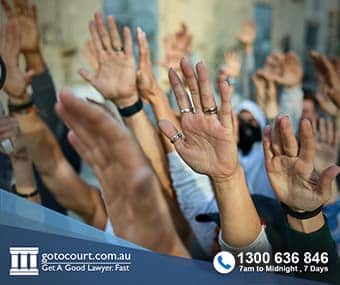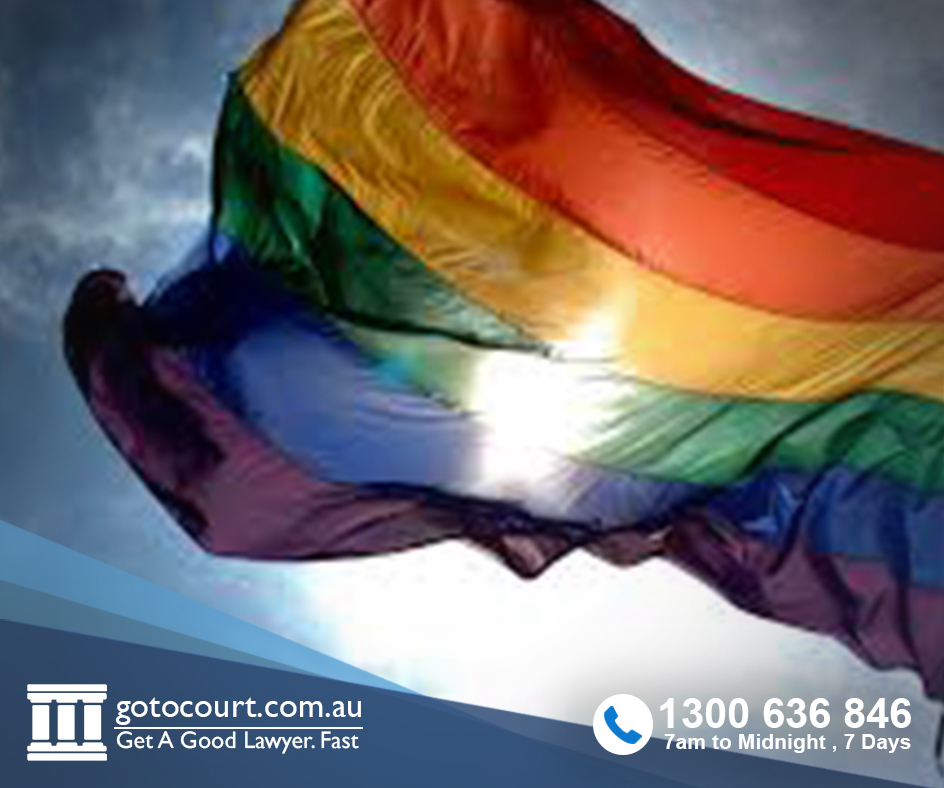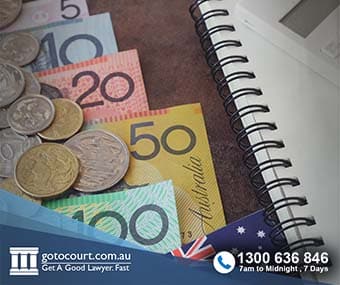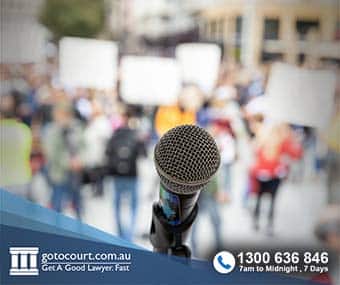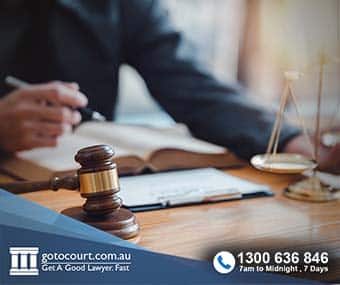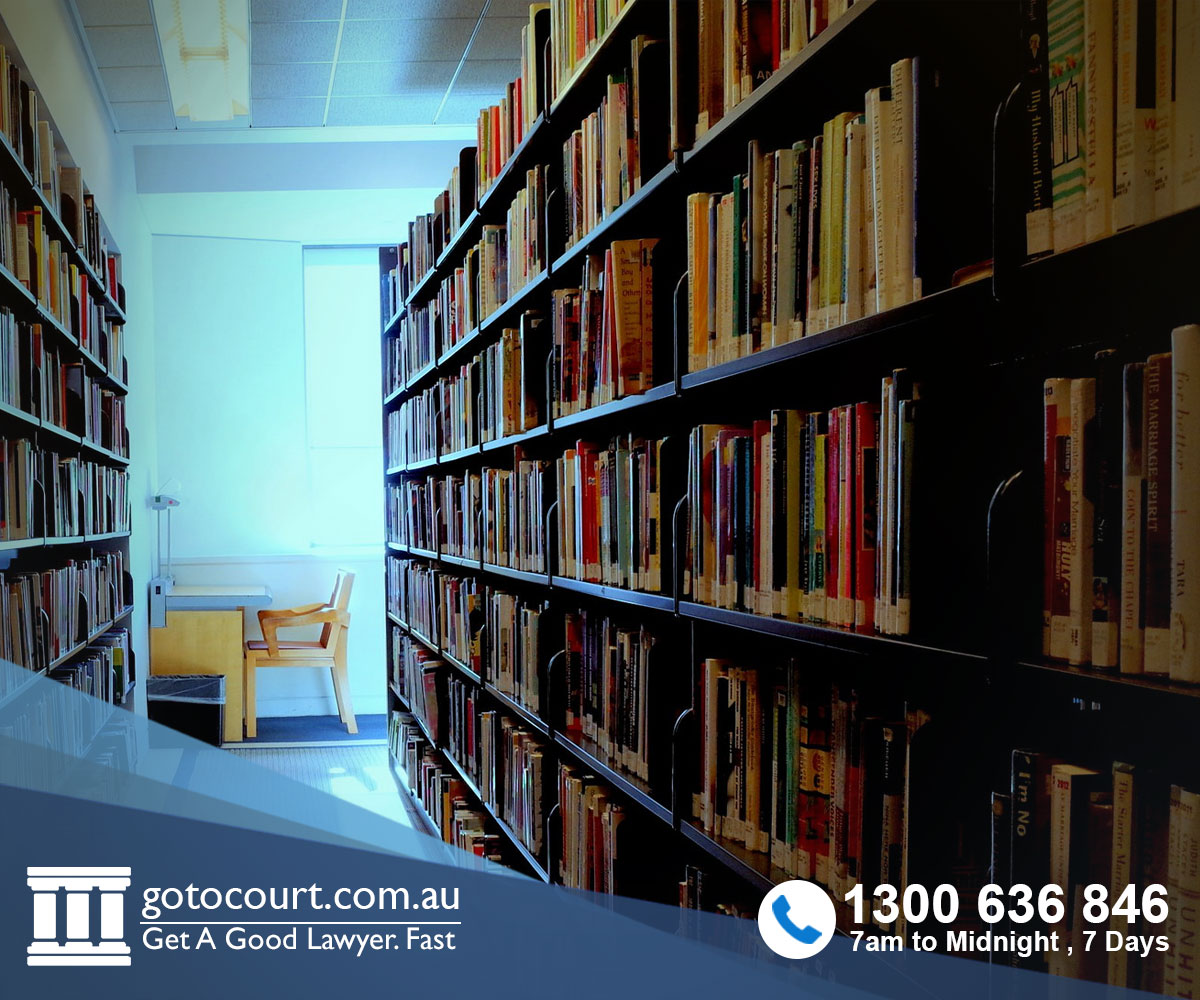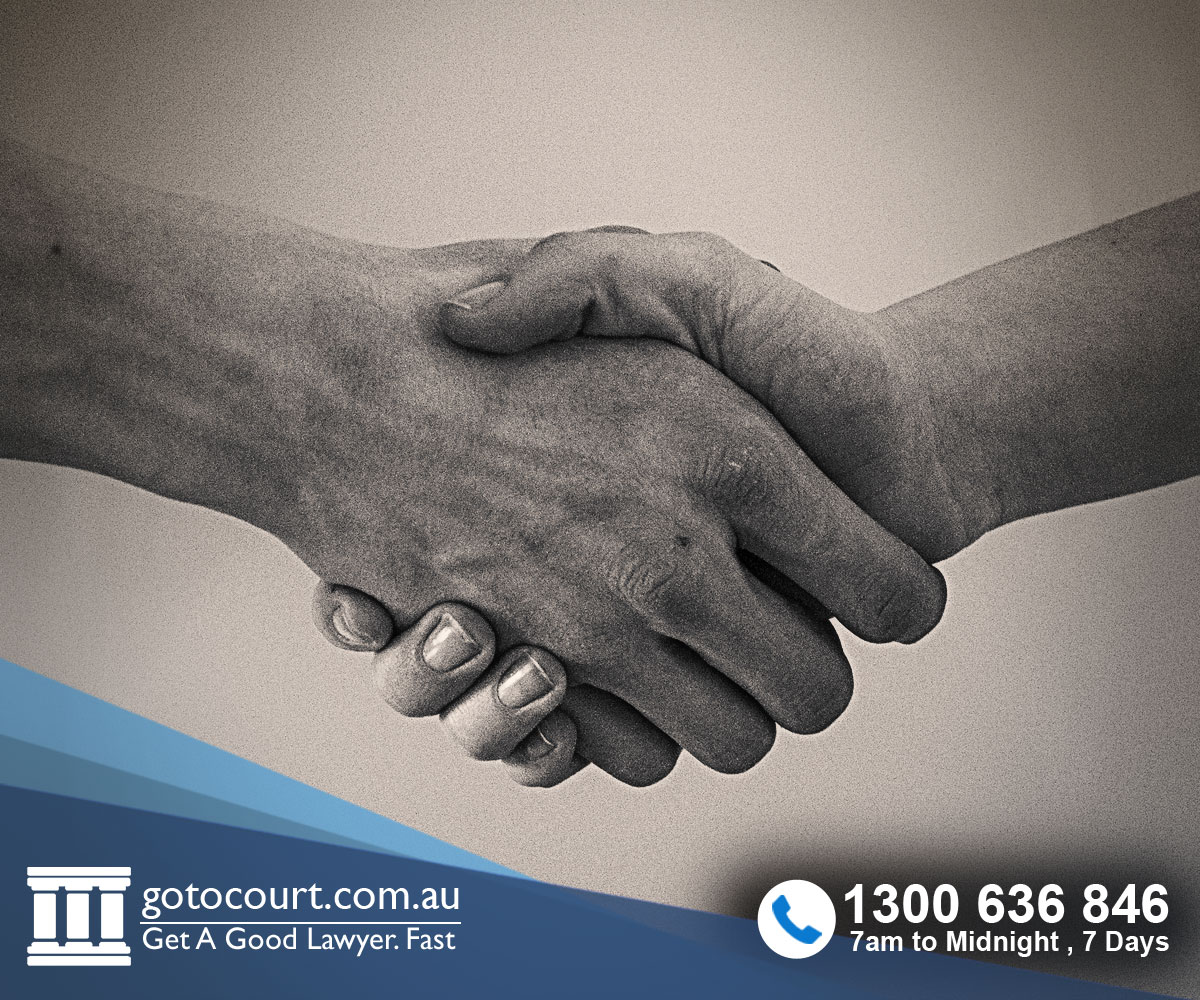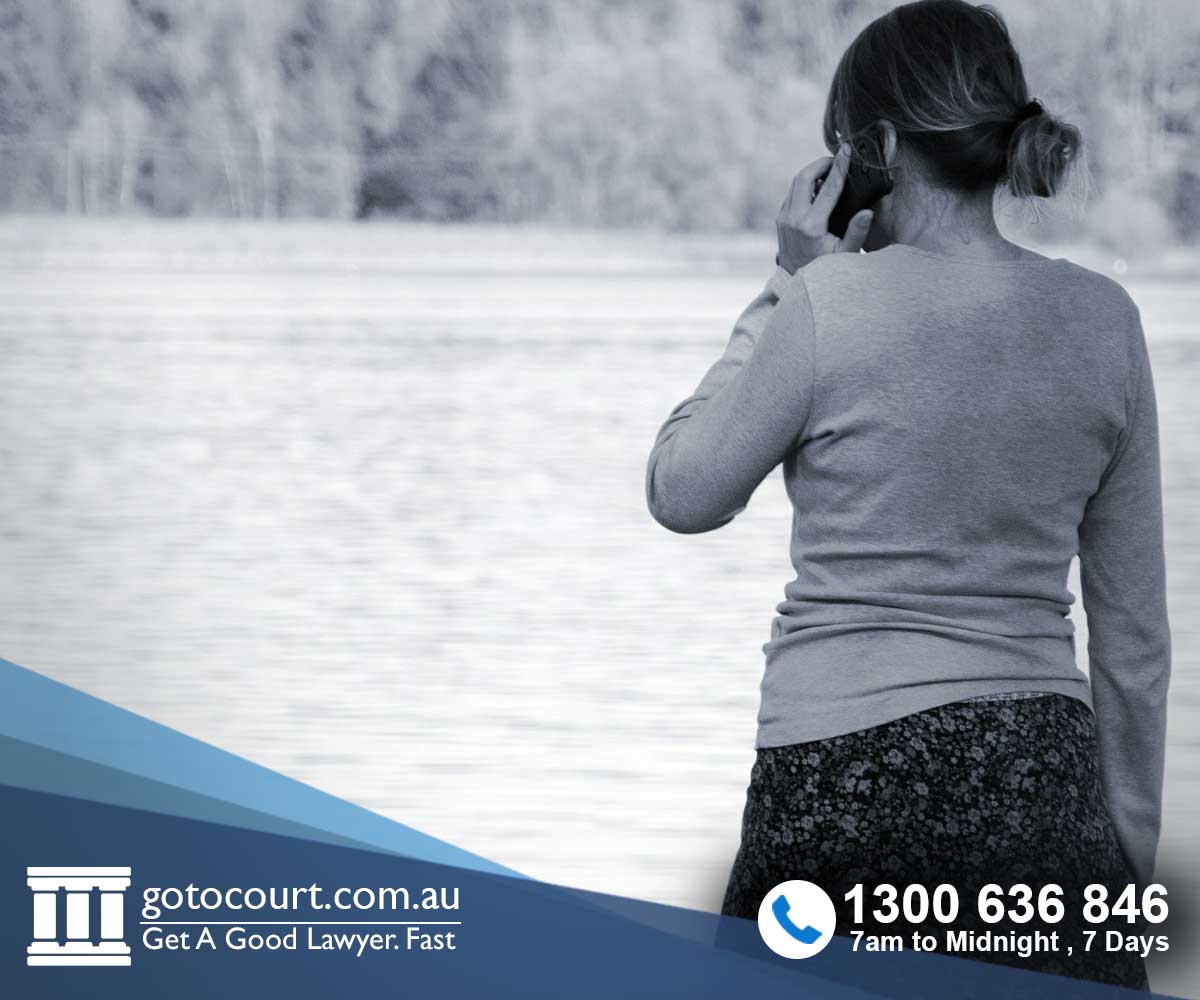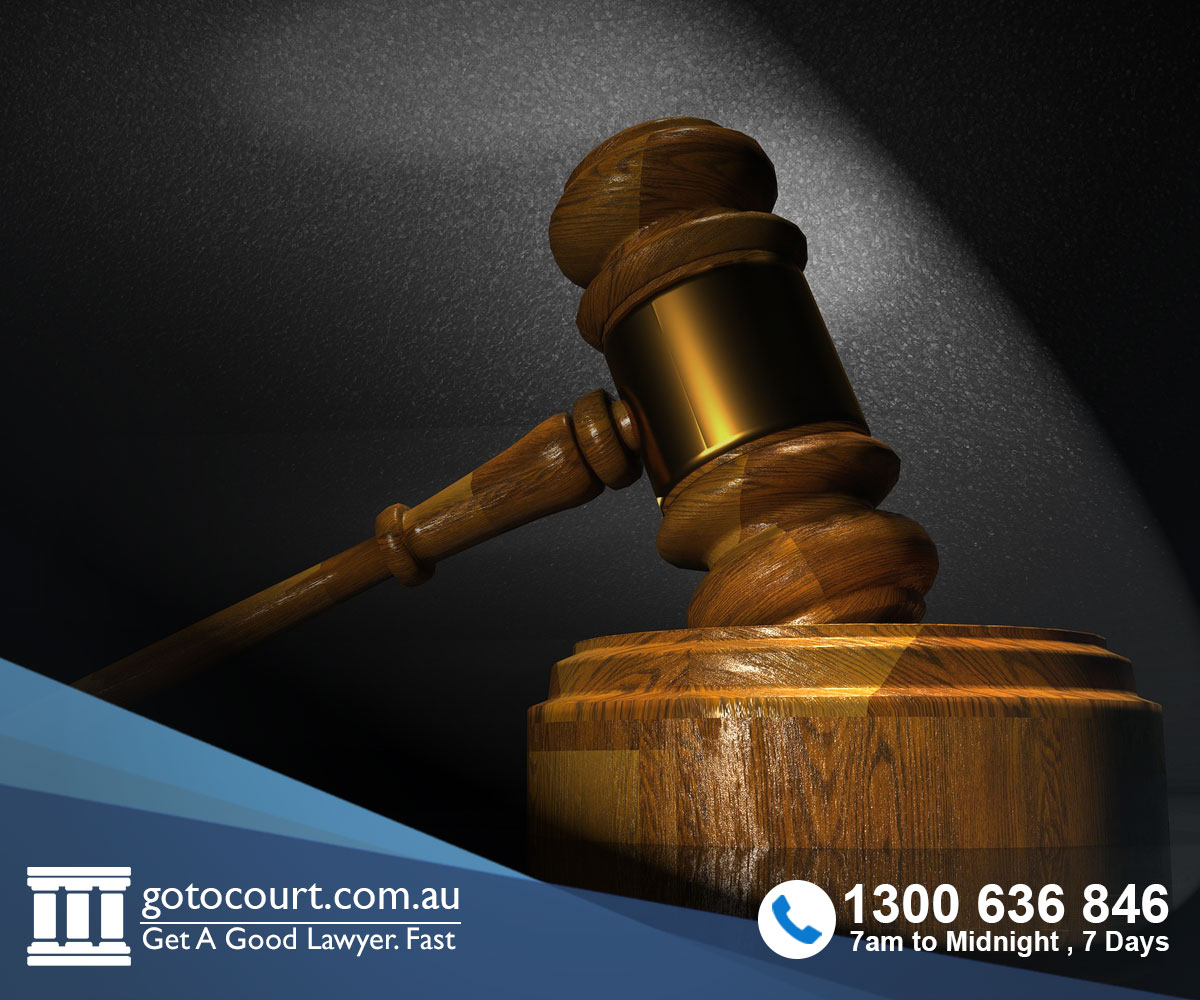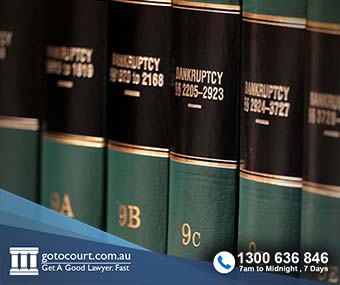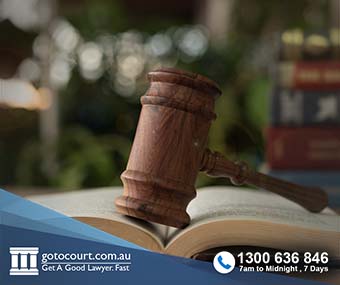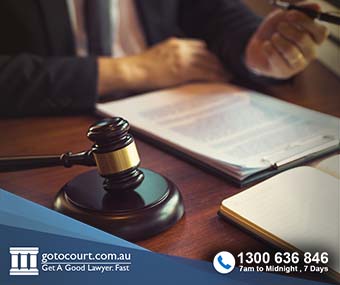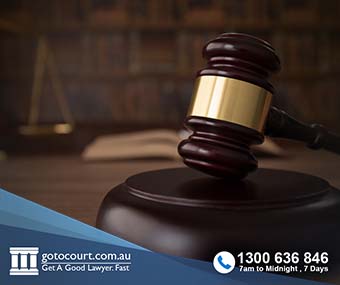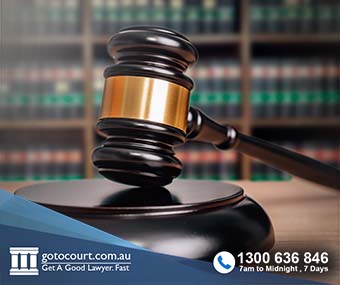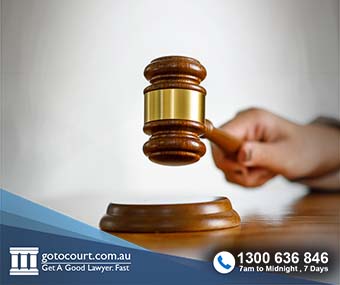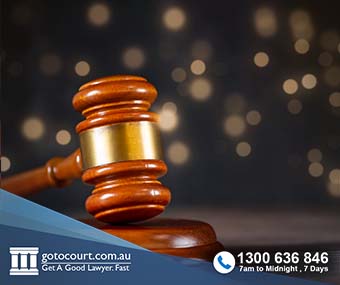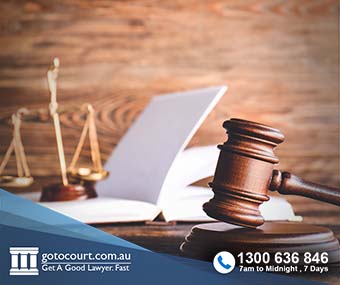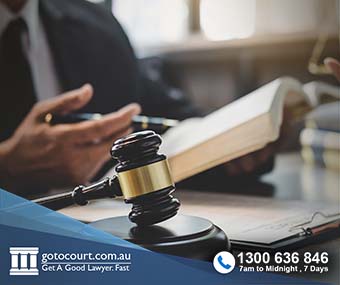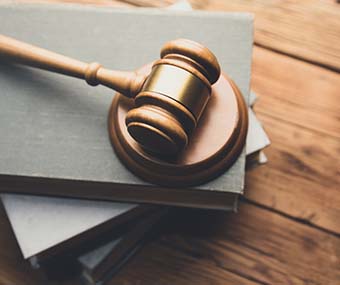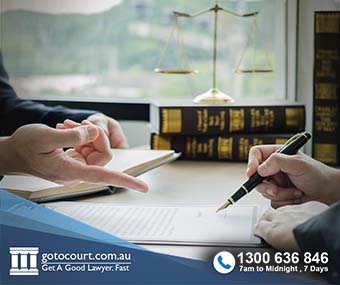Call our lawyers
now
or,
have our lawyers
call you
Defamation in Queensland
Updated on Jan 06, 2023 • 5 min read • 174 views • Copy Link
Defamation in Queensland
Defamation in Queensland is a type of civil law action known as a tort. All of Australia now has the same defamation laws to promote quick and non-litigious methods for resolving defamation disputes, and provide effective and fair remedies, while not unreasonably limiting freedom of expression.
The British legal system developed defamation under common law where it was treated as either libel or slander. The traditional distinction was that libel was defamation in a written publication and slander was defamation in a spoken communication. Queensland abolished the distinction between libel and slander when it adopted the Defamation Act 2005.
What is defamation in Queensland?
In Queensland, defamation is the publication of unsubstantiated ‘facts’ that negatively impacts the reputation of an individual (the ‘aggrieved’). The purpose of a defamation action is to correct public perceptions and compensate the aggrieved for harms caused.
Queensland’s Defamation Act defines ‘publication’ to include:
- online media
- writings
- drawings, and
- speech.
The ‘publisher’ is the person who made the defamatory statement.
With the amount of information published on the internet, especially through social media, the law of defamation has become increasingly relevant. The liability of internet content hosts and service providers, to the extent they are unaware of the truth or falsity of the content published on their websites, is limited by the Commonwealth Broadcasting Services Act 1992. However, it should be noted that the publication online of any defamatory content, including the creation of links to defamatory content or emailing defamatory content to others, can create liability.
Bringing a claim of defamation in Queensland
The statute of limitations for a claim of defamation in Queensland is one year. However, an aggrieved can petition to extend the limitation period to three years in some extraordinary situations.
An aggrieved cannot bring a defamation claim against a deceased person. Profit-driven corporations with ten or more employees cannot be considered ‘aggrieved’.
If a defamatory statement is published only within Queensland, then Queensland’s Defamation Act applies. Where a statement is published in Queensland and other jurisdictions, Queensland’s Act may not apply because the applicable law will be the jurisdiction most closely connected to the harm.
Elements of a defamation claim
Defamation in Queensland is the:
- communication or publication – this is defined to include all types of communications media, including print and speech.
- to any third party – the communication does not necessarily have to be made to the public, but it must be made to someone other than the aggrieved.
- of a defamatory matter – a defamatory matter may be an untruth or a false representation, called an imputation. A publication is defamatory if someone’s reputation has been damaged or could reasonably be considered at risk of damage by the defamatory content.
- about, concerning or identifying a person – untrue statements or imputations that do not identify an aggrieved will not create a cause of action for defamation.
- without lawful excuse – if all the previous elements have been met, but there is a lawful excuse then the defamation claim will not survive.
Defences
There are many defences to defamation in Queensland’s Defamation Act, including:
- justification – meaning the published statement is substantially true
- contextual truth – the published statement made imputations that are substantially true so the aggrieved could not have been harmed
- absolute privilege – publications made during parliamentary debates, or in court or tribunal judgments are privileged and immune from defamation claims
- public document – the publication content is also contained in a public document, meaning a parliamentary debate, court or tribunal judgment, or other governmental publication
- fair report – the publication made during the course of, or previously contained in any fair report of, a proceeding of public concern
- qualified privilege – publication was obligatory for some legal, social or moral reason, but there are limitations
- honest opinion – the publication was a statement of opinion rather than fact
- innocent dissemination – the distributor of the publication did not have control over the content of the publication
- triviality – the aggrieved is unlikely to sustain any harm.
Apologies
A publisher’s apology may be considered as evidence to mitigate damages, but not as evidence of fault or liability.
Offers to make amends
If an individual is notified that they are being sued for defamation, they have 28 days to make an offer of amends. The offer is a statutorily prescribed means by which to satisfy the dual purposes of a defamation action – to correct public perceptions and to compensate the aggrieved for harm caused.
An offer of amends must contain a correction to the publication and an offer to pay the aggrieved’s costs. If two people have published the same material, an offer of amends on behalf of one publisher does not affect the liability of the other publisher.
As long as a publisher makes a reasonable offer of amends, the aggrieved party is encouraged to accept it. If the aggrieved does not, the publisher then has a defence against the claim.
Like apologies, offers to make amends cannot be considered evidence for liability purposes in legal proceedings.
Damages
As in other jurisdictions, Queensland’s Defamation Act caps non-economic damages at $250,000, which is adjusted regularly in line with inflation.
Criminal defamation in Queensland
Criminal defamation in Queensland is a misdemeanour. Criminal proceedings for defamation may be initiated if the publisher knew the statement was false or had no regard as to its truth or falsity at the time of publication, and the publisher intended to cause serious harm to the aggrieved.
The penalty for publication of malicious defamatory content is a fine in any amount the court sees fit, and/or imprisonment for up to three years.
If you require legal advice or representation in any legal matter, please contact Go To Court Layers.


Affordable Lawyers
Our Go To Court Lawyers will assist you in all areas of law. We specialise in providing legal advice urgently – at the time when you need it most. If you need a lawyer right now, today, we can help you – no matter where you are in Australia.How It Works








1. You speak directly to a lawyer
When you call the Go To Court Legal Hotline, you will be connected directly to a lawyer, every time.


2. Get your legal situation assessed
We determine the best way forward in your legal matter, free of charge. If you want to go ahead and book a face-to-face appointment, we will connect you with a specialist in your local area.


3. We arrange everything as needed
If you want to go ahead and book a fact-to-face appointment, we will connect you with a specialist in your local area no matter where you are and even at very short notice.

